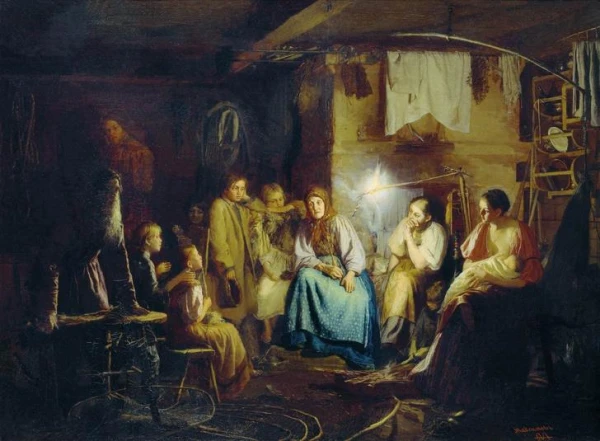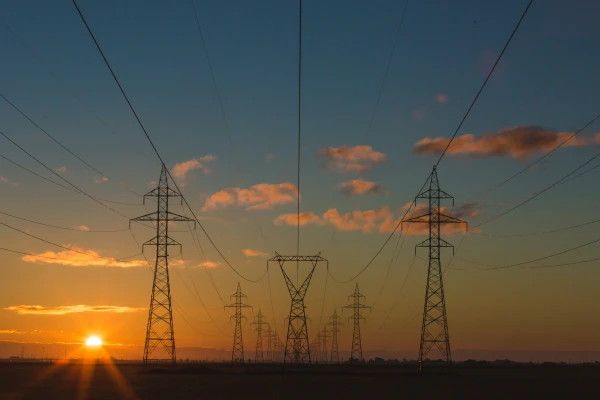
This phrase began to be used by Spanish writers about 400 years ago.
Since ancient times, hidden holes and pipes were created in the walls of palaces and fortresses, allowing conversations to be eavesdropped on unnoticed. There are many versions of where such devices were first used. English-speaking sources most often refer to the ancient Greek king Dionysius of Syracuse (Dionysius I the Elder), while Russian-speaking sources point to Byzantine rulers. However, by the early 17th century, the expression 'walls have ears' became a metaphor for any kind of eavesdropping.
The literary form of this phrase was given by Cervantes. In his work 'Don Quixote,' the second part of which was published in 1615 (chapter 48), the phrase appears: 'No, I’d better remain silent, for even walls have ears.' Nevertheless, it is possible that the primacy belongs to another Spanish writer — the playwright Lope de Vega.
In his comedy 'The Widow of Valencia,' written in the early 17th century, one can find the words: 'So, wall, you have ears too.' However, the final version of this play was published only in 1620. A similar saying has been known in the English language since 1620.















Leave a comment